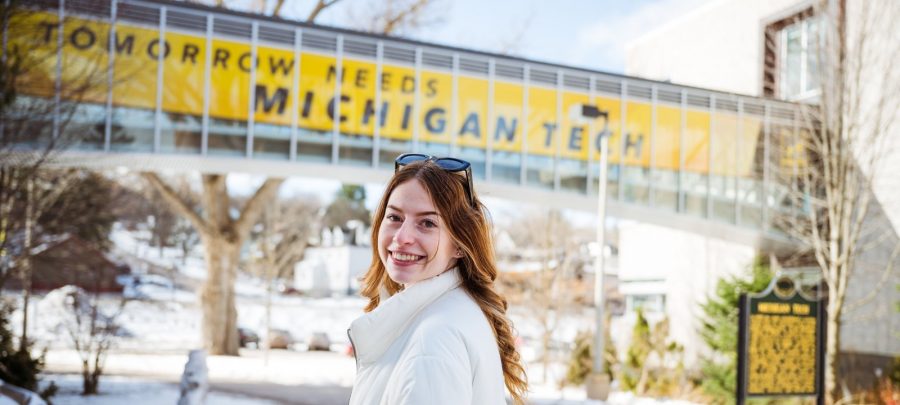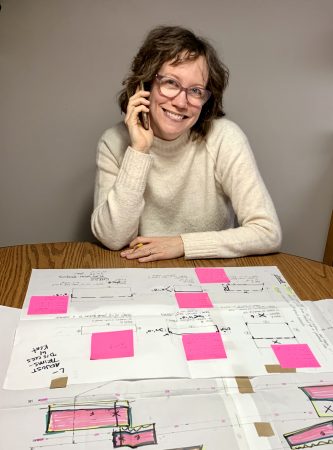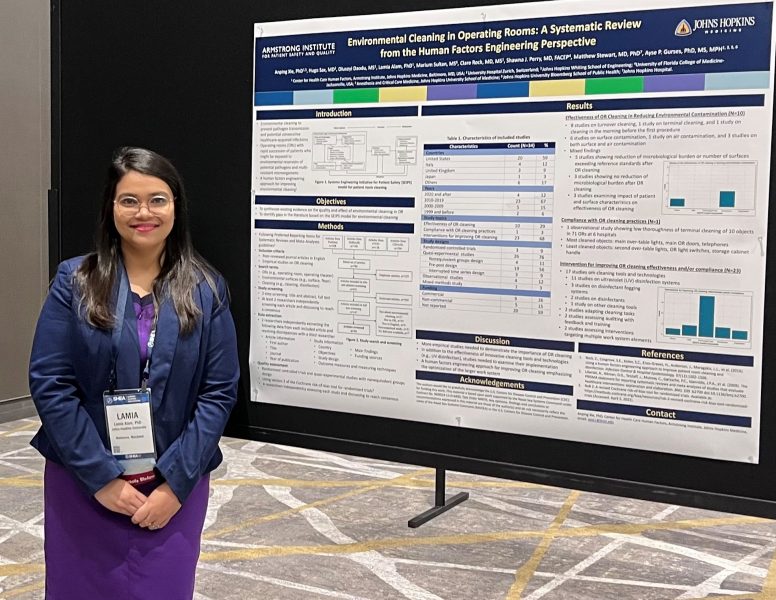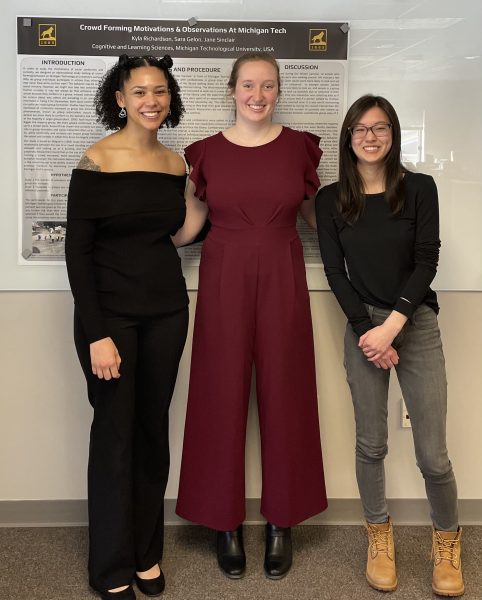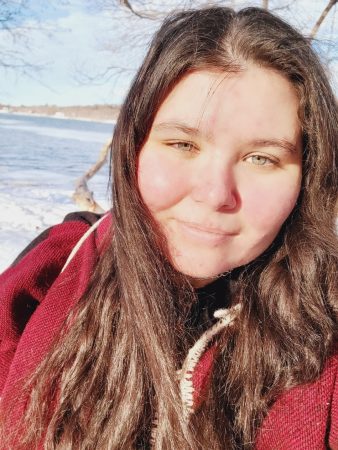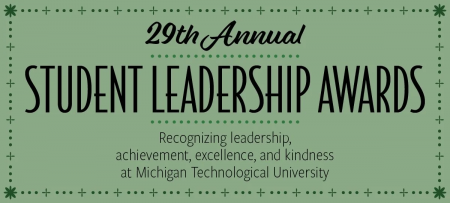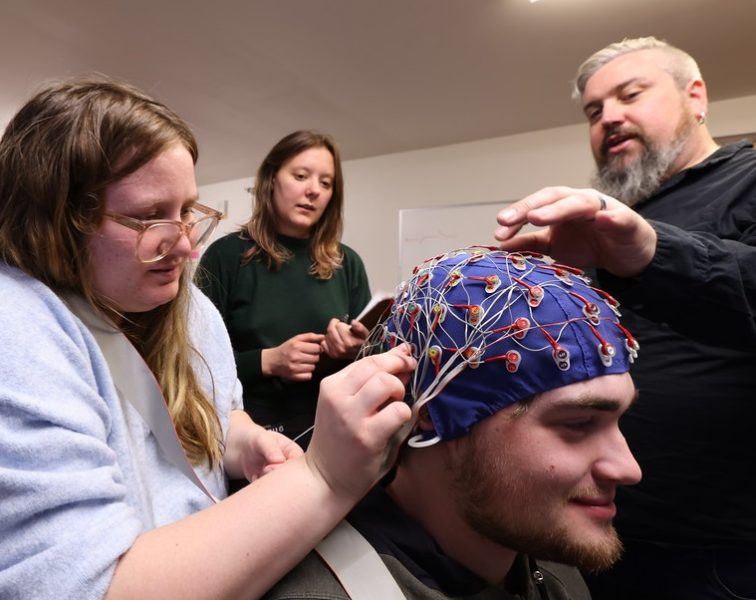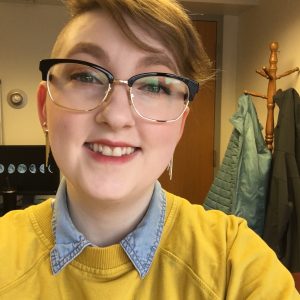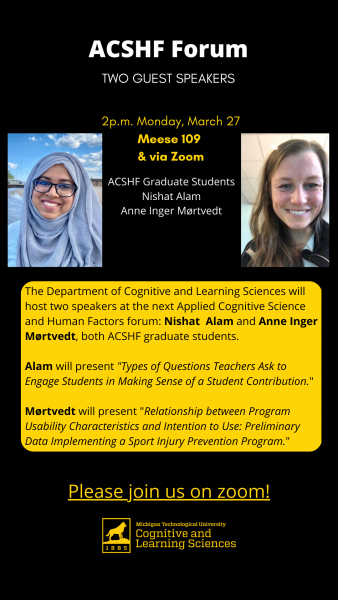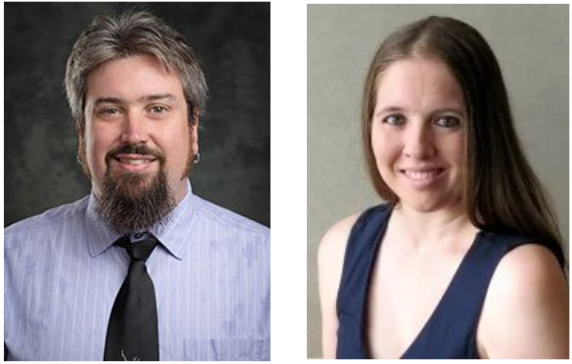Every college journey is unique. Students have so many different majors available to them. There are hundreds of classes available. Add in opportunities to work alongside professors doing undergraduate research, participate in clubs, and complete internships, and the combinations are virtually unlimited. Learn how Hunter Malinowski made her Michigan Tech experience unique by pursuing dual degrees in computer science and psychology and adding research, leadership, internship, and other experiences.
“The more I’ve done with psychology and computer science, the more I realize how many connections there are, from designing a website to the user interface and user experience,” Malinowski said. “I want to go into the data science/machine learning field. I think there’s a lot to be said about the psychology perspective for that.”
About the Department of Cognitive and Learning Sciences
Michigan Tech’s Department of Cognitive and Learning Sciences offers bachelor of science degrees in Human Factors and Psychology. The department confers master’s and doctoral degrees in Applied Cognitive Science and Human Factors. Additionally, faculty pursue diverse, cutting-edge research in education, human factors, technology, and science. Students and faculty improve performance, health, decisions, and safety where people interact with technology or systems.
Questions? Contact us at cls@mtu.edu. Follow us on Facebook, Instagram, and LinkedIn for the latest happenings.
